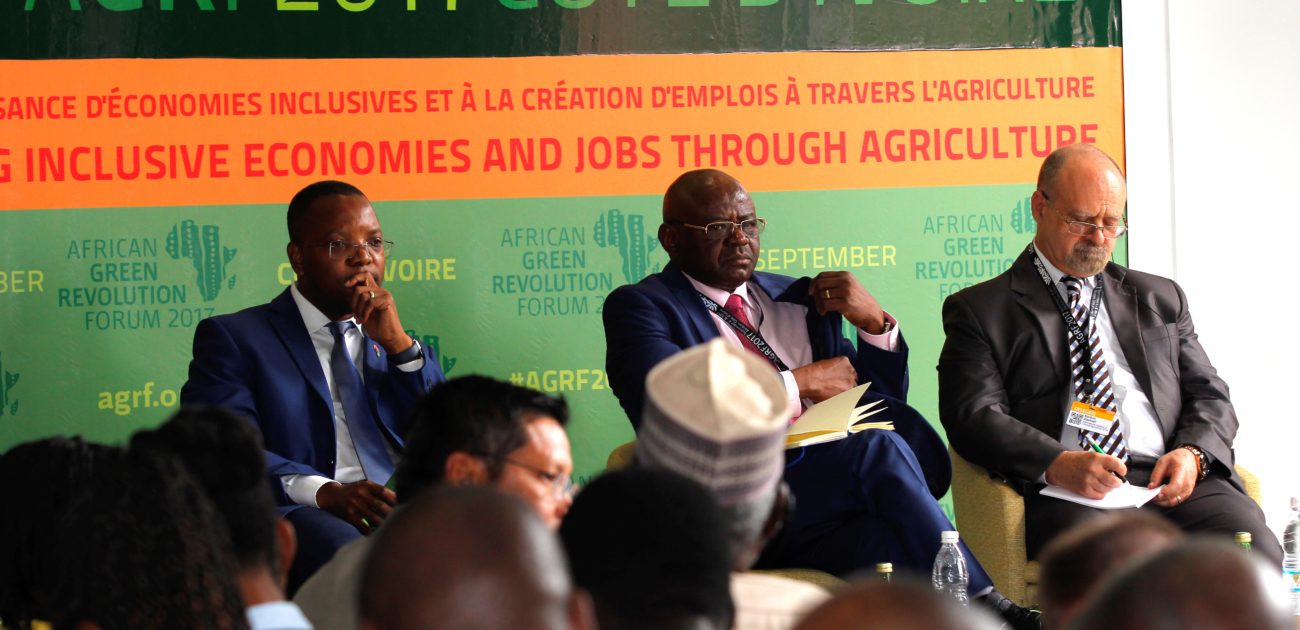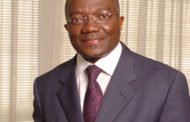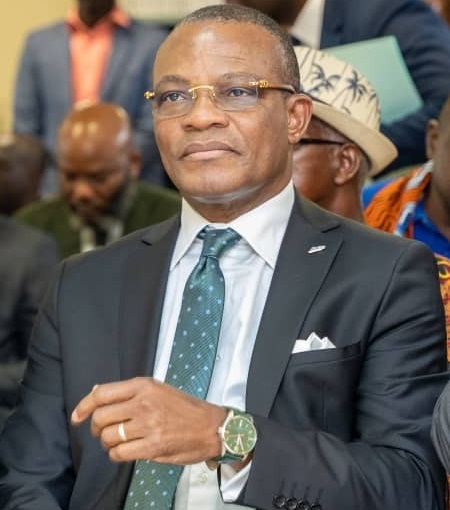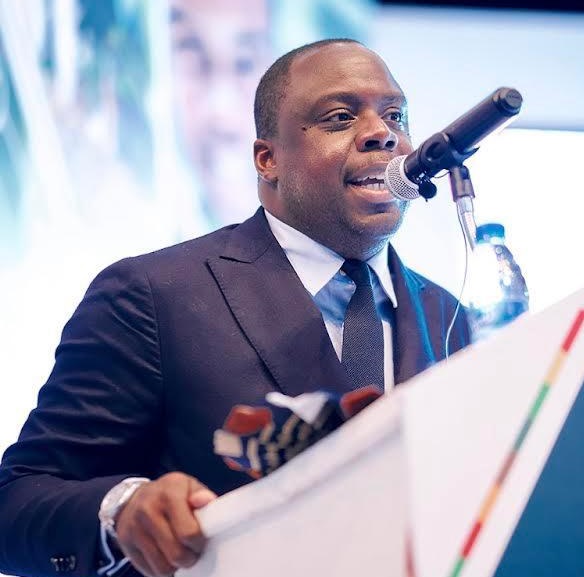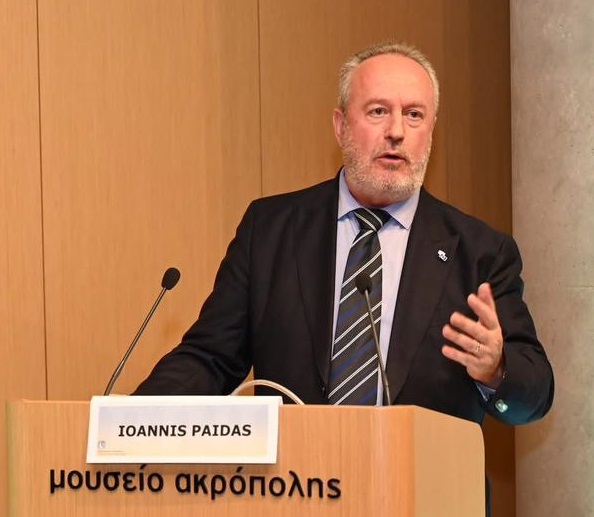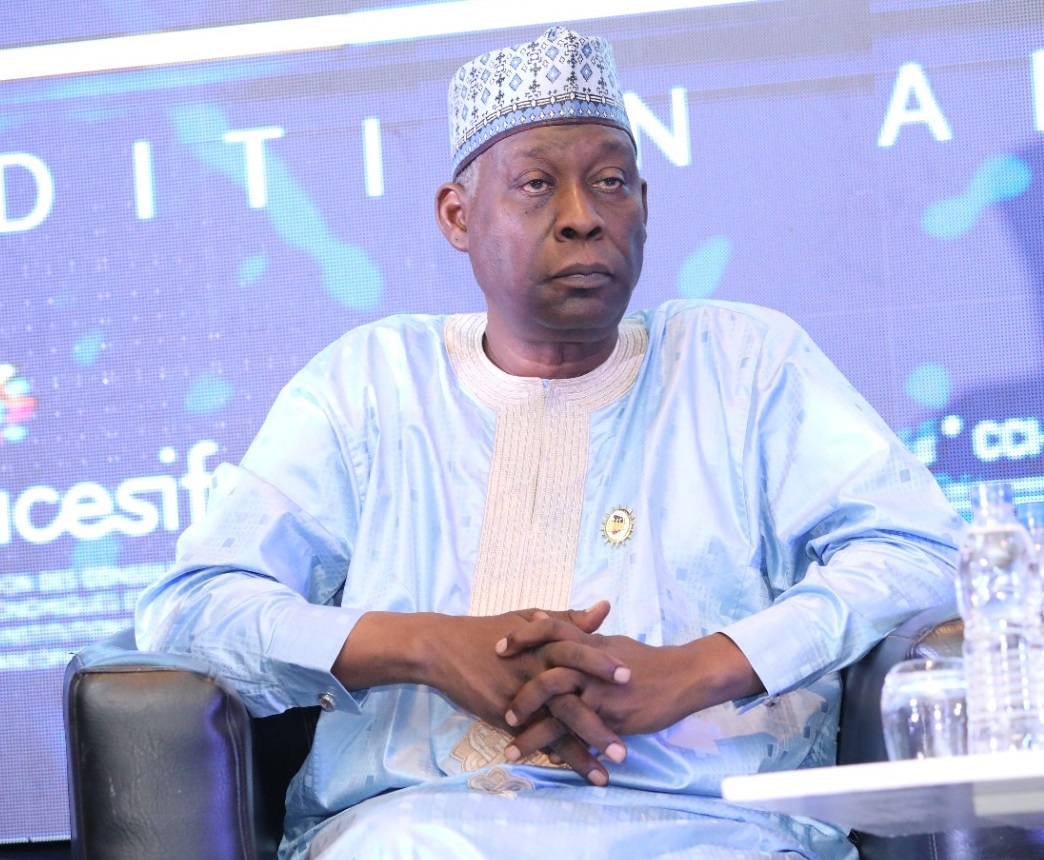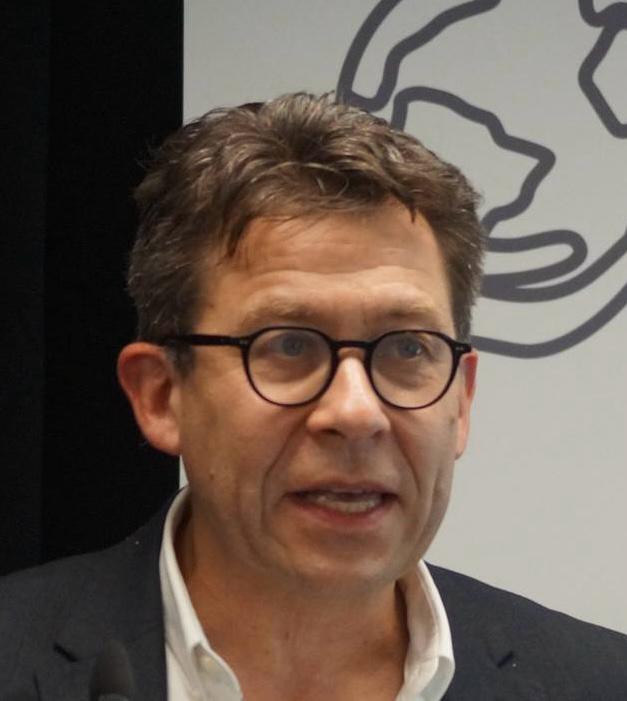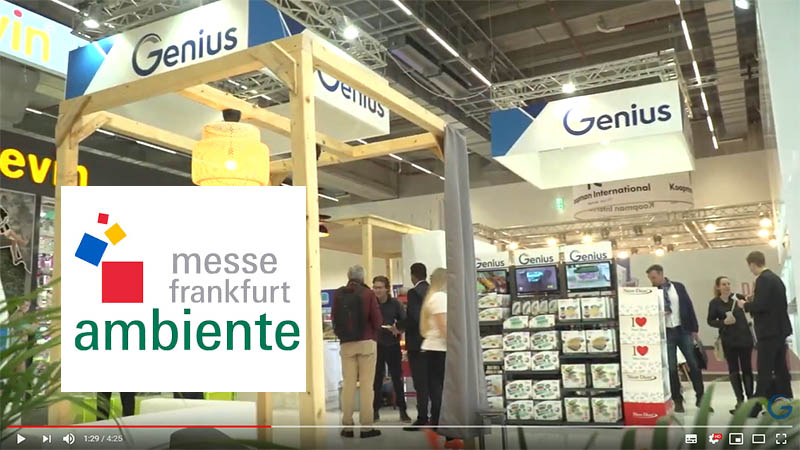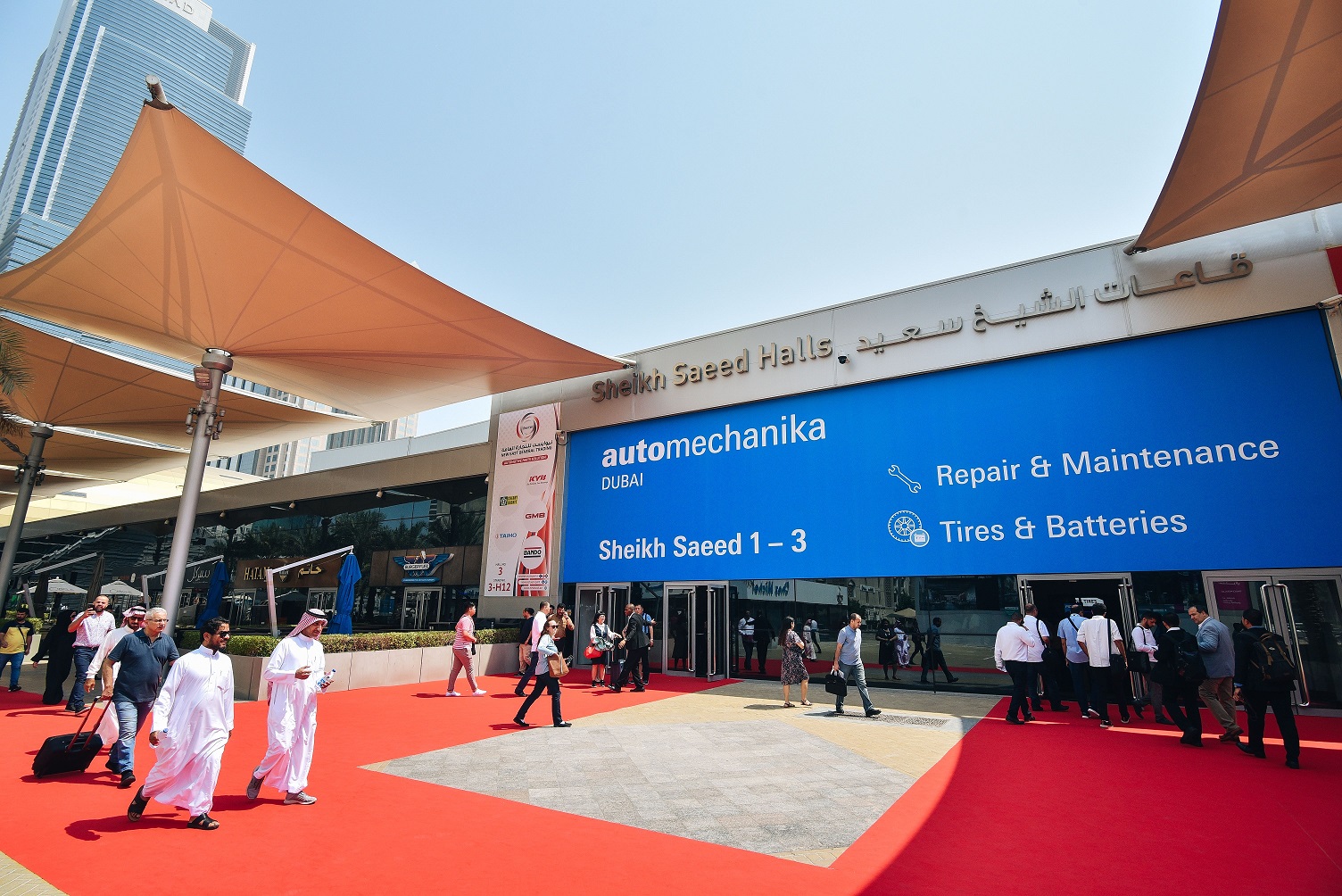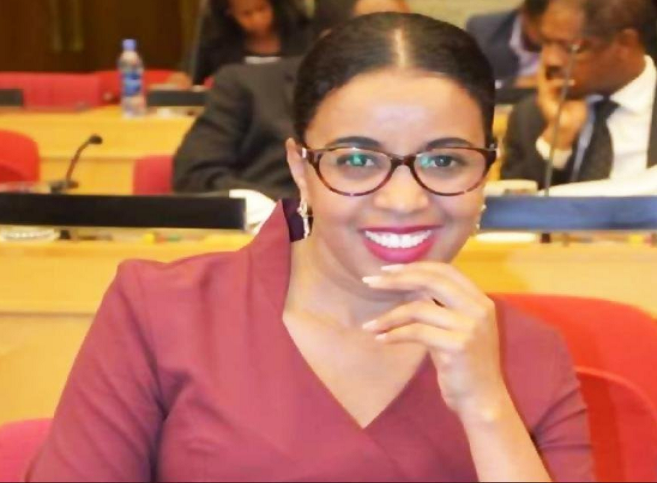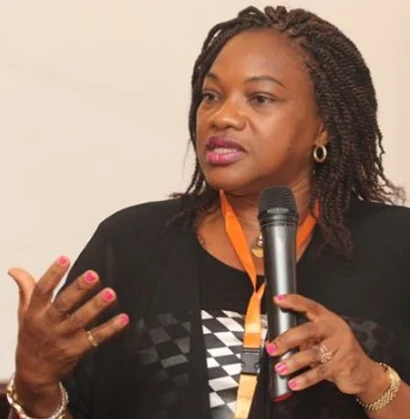An alliance of agricultural organizations has launched a comprehensive platform, encompassing a seed and soil program, at the 2017 Africa Green Revolution Forum in Abidjan, in a drive to accelerate the adoption of certified high yield seeds and hybrid inorganic fertilizers and pesticides.
These improved inputs have been shown to increase farmers’ yields by four-fold or more, amounting to a key driver in Africa’s agricultural transformation.
In a pre-event session on accelerating rural SME Development: Strengthening the last mile in the inputs value chain, held at the Sofitel Hotel in Abidjan, sponsored by the African Fertilizer and Agribusiness Partnership (AFAP), the Youth Association for Reality and Awareness (YARA), and inputs producer Syngenta, the partners launched the new seed and soil programs based on key research projects.
Presenting a Progress Report from the Seed For All Toolkit of the International Finance Corporation, IFC-World Bank Group and the African Seed Index of Cornell University, the partners reported that the number of project based organisations working to improve the inputs of African farmers had risen sharply.

Delegates at the African Green Revolution Forum PRE-EVENT on, Accelerating Rural SME Development: Strengthening the last mile in Inputs Value Chain, organized by the Africa Fertilizer and Agribusiness Partnership (AFAP), Youth Association for Reality and Awareness (YARA) supported by SYNGENTA.
The session cited examples such as N2A Africa, a large scale, science-based “research-in-development” project focused on putting nitrogen fixation to work for smallholder farmers growing legume crops in Africa. The project has moved into government supported fertilizer production that has seen farmers produce four times more than previously.
Such initiatives are also bringing wider economic benefits, in reducing the volume and cost of fertilizer imports to African nations.
For farmers, the change is proving transformatory. Farmers group TWIZERANE in Rwanda ran two legume trials with N2A Africa and reported that production levels rose more than four-fold on introducing the nitrogen fixing technology.
However, even once soils are tended, yields will still depend on the quality of the seeds planted, with few African countries yet signing up to processes to get high quality seeds to farmers.
This has allowed the sales of fake seeds to continue in hampering yields, with estimates of the proportion of fake seeds sold in Africa estimated to be between 20 per cent and 40 per cent.
Such counterfeits are limiting revenues across African agriculture in multiple ways. The fake seeds effectively make seeds more expensive in relation to outputs, because of the poor results secured, and cause commercial and tax losses to producers and government.
As anti-competitive behavior, the level of seed counterfeiting, is also weakening the performance of credible seed producers and the global seed trade.
The session also discussed the limitations caused by the absence of harmonization in Africa’s national seed markets. This is resulting in different seed certification procedures across countries, Sanitary and Phytosanitary (SPS) measures that are not standardized and act as market entry barriers, and intellectual property rights issues that are complicated in trading blocs.
These issues have added to the risks and costs of investment in Africa’s seed sector, leaving the public sector assuming a dominant role, crowding out the private sector, and leaving in place cumbersome seed import and export procedures.
The session called for a unique and harmonized database for the seed and fertilizer markets, to enable researchers, farmers, project funders, scientists, wholesalers, and government bodies to access information that will improve and facilitate work in upgrading Africa’s agricultural inputs.
with agrf


